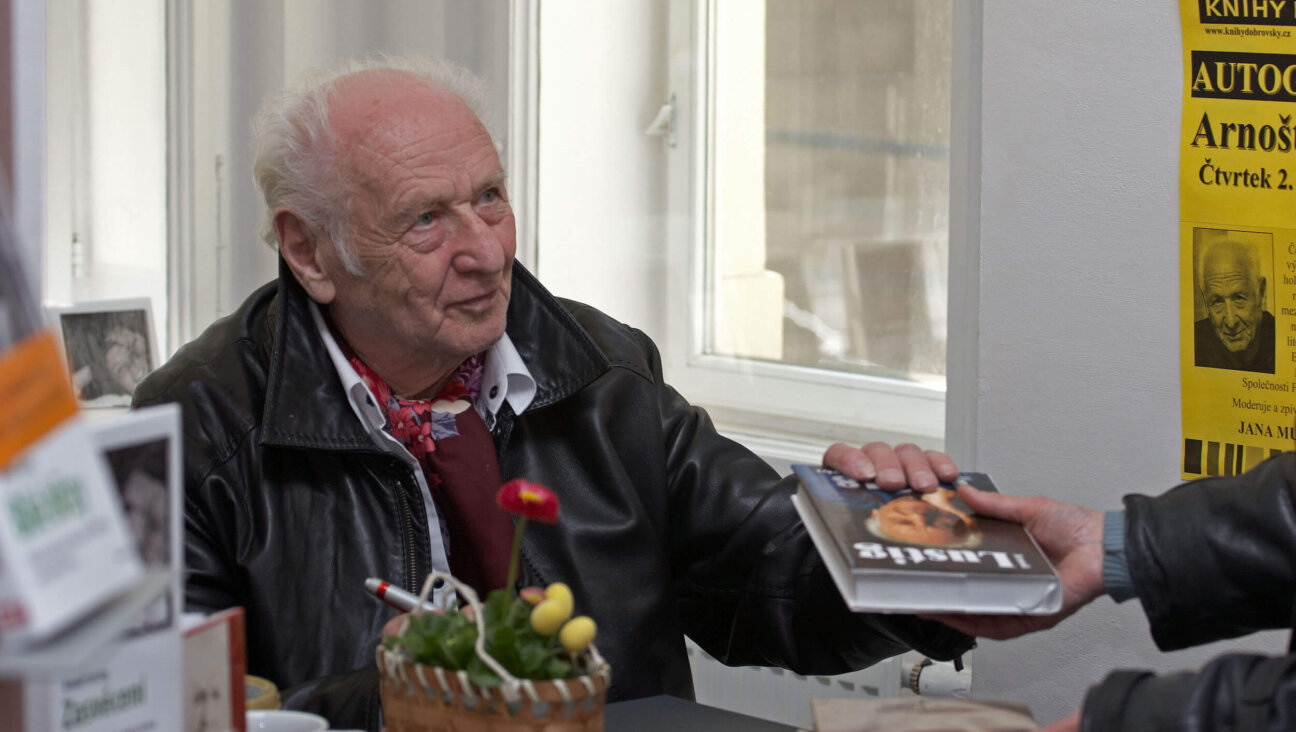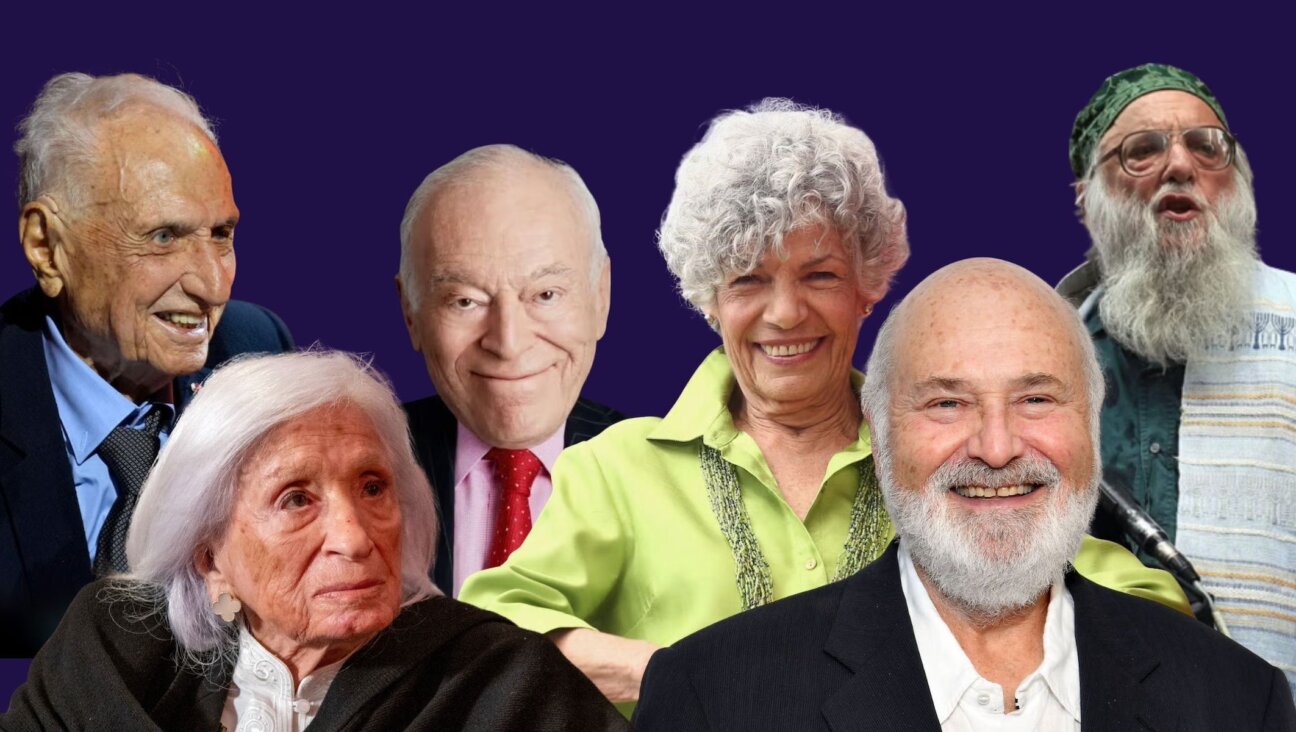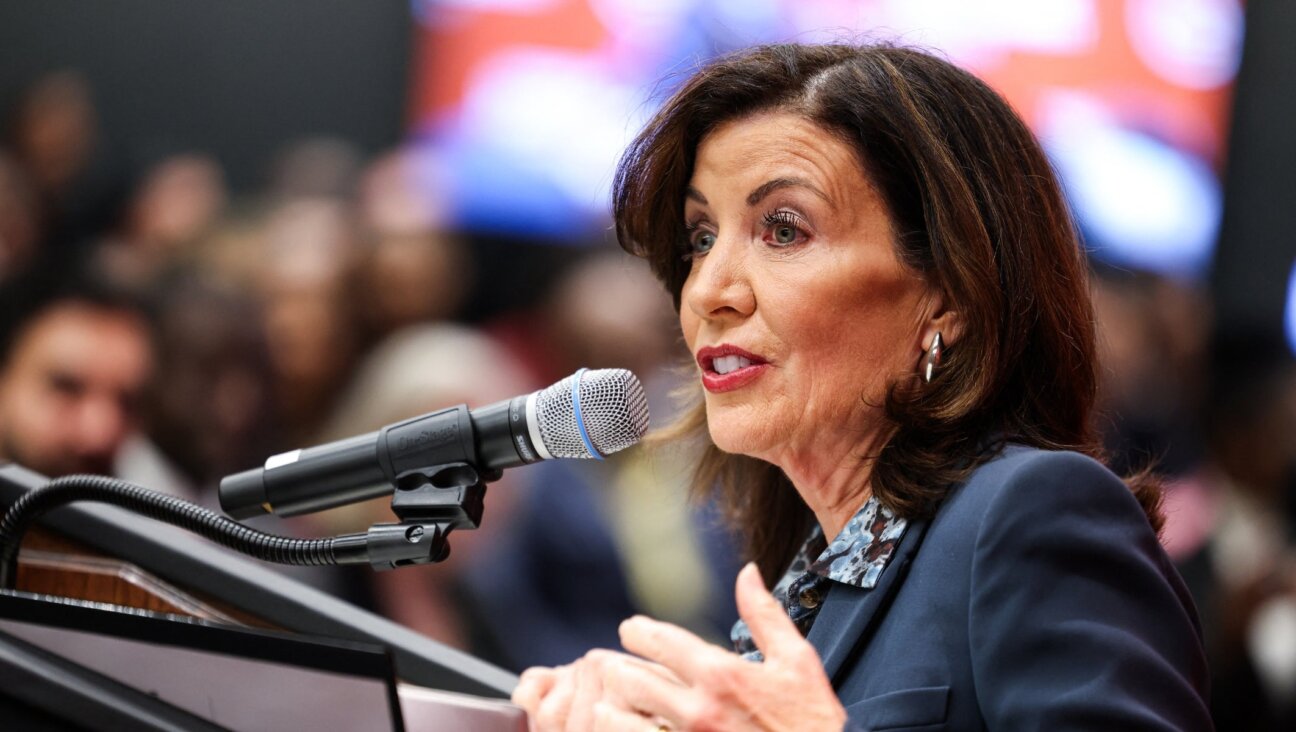The Growing Gender Gap
One year ago, the Forward surveyed the 75 largest Jewish communal organizations and discovered that only 11 of them — 14.3% — were led by women. And three of the 11 women in the very top spots were in interim positions. The dismal ratio surprised even veteran observers of American Jewish life, especially since three-quarters of those who work in these organizations are women, and the leadership numbers lagged far behind the gender gap in society at large. To paraphrase one expert, the larger philanthropic world has a disconnect. The Jewish world has an even greater disconnect.
Unfortunately, during the last year, the numbers have gone from troubling to worse.
Instead of 11 women serving as presidents and CEOs, now there are only nine. Even taking into account the closing during the last year of one of the major communal organizations, the American Jewish Congress, the percentage of women in Jewish communal leadership has dropped to 12%.
The federation system, which had pledged to provide mentoring and leadership training for more women, did make some strides. Jennifer Gorovitz moved from “acting” to permanent CEO of the Jewish Community Federation of San Francisco, and Ilene Frasier was appointed interim CEO of the Federation in Washington, D.C. Then again, it had nowhere to go but up. Until Gorovitz, not a single woman had led any of the 18 largest U.S. Jewish federations.
Why does this matter? Certainly not as an exercise in keeping score, or fulfilling some sort of politically correct quota. It matters because, at a time of shrinking fundraising, growing budget demands and daunting challenges, the Jewish community deserves to draw its leadership from the broadest, most qualified talent pool there is. And to give short shrift to half the population deprives everyone of the benefits that fresh, creative, innovative leaders can provide.
Women aren’t always fresh, creative and innovative, of course. But those who have generally been outside the traditional power structure are often able to approach old problems in new ways, simply by virtue of their unconventional perspective.
Given the fact that Jewish women are running Ivy League universities (Amy Guttman at the University of Pennsylvania), major corporations (Irene Rosenfeld at Kraft Foods, the nation’s second-highest-paid female), international foundations (Judith Rodin at Rockefeller), internet giants (Sheryl Sandberg, COO of Facebook) and the like, there’s no reason why they should not be contenders for leadership positions in their own community.
As to the argument that family responsibilities prevent or deter women from seeking or accepting those roles, well, it’s not an argument, just an excuse. All the aforementioned women have children. Let women candidates themselves decide whether to shoulder both work and family duties.
If the Jewish gender gap was skewed by the Orthodox reluctance to grant power and agency to women, that might be one thing. But sadly, even most of the progressive organizations that have emerged recently are run by men.
Only a serious, sustained commitment to break through convention and look for the very best among us, regardless of gender, will address this situation. Jewish non-profits lag far behind the overall philanthropic community in diversifying leadership. Embarrassing, isn’t it?
















